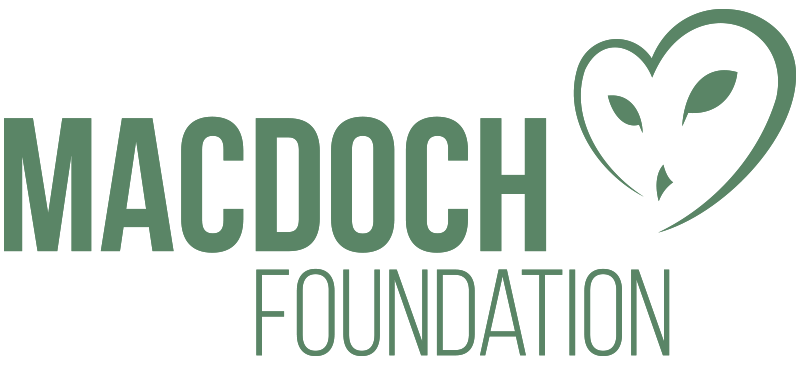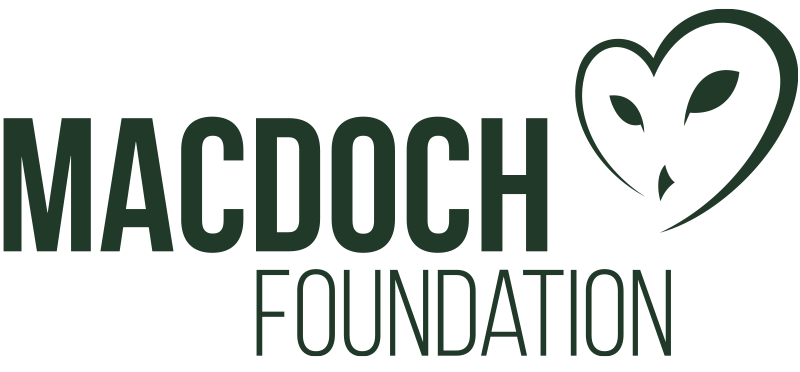Since 2012, the Open Food Network (OFN) has been building better food systems.
A not-for-profit organisation, OFN is an open-source platform that supports ethical, values-based supply chains. It facilitates selling and buying of food for producers and wholesalers, and allows communities of producers to come together to create a virtual farmers’ market.
OFN was dreamed up in 2010 by Kirsten Larsen and Serenity Hill. Working in climate and sustainability policy and academic roles at the time, Kirsten and Serenity had a shared interest in food systems and the transformative power of sustainable food production and consumption.
United by the realisation that sustainable and innovative food systems had to be built from the ground up, Kirsten and Serenity started OFN with a focus on transparent and short supply chains, and developing the technology needed to enable them.
With a commitment to collaboration and being open source, OFN started by building a software platform to connect producers and consumers in a way that enables producers to control their price, and wholesalers to access ethical products.
From there, the Open Food Foundation was formed (2012), to support the growth and use of the OFN software which during the COVID-19 pandemic was operational across 19 countries, and today works in 13 countries.
With support from the Macdoch Foundation, the Open Food Foundation recently embarked on the Regenerative Produce Discovery project, designed to increase demand and market access for Australia’s regenerative producers and their products.
While there is growing momentum towards regenerative agriculture, there is a gap in the supply network between the scale of farmers’ markets and commodities markets that values-based supply chains can fill.
On top of that, OFN recognised the need to pull together the diverse organisations working across regenerative food production and verification, to avoid confusion and contradictory communication to potential buyers.
By increasing awareness, demand and market scale for regeneratively produced food, OFN hopes to support the expansion of these practices and ultimately increase ecological resilience to climate change.
“We want to work to verify outcomes of regenerative agriculture and pull those together in a user interface that is engaging and clear, so people can easily find and have a level of assurance over regeneratively produced food.”
To learn more about Open Food Network, visit the website.







